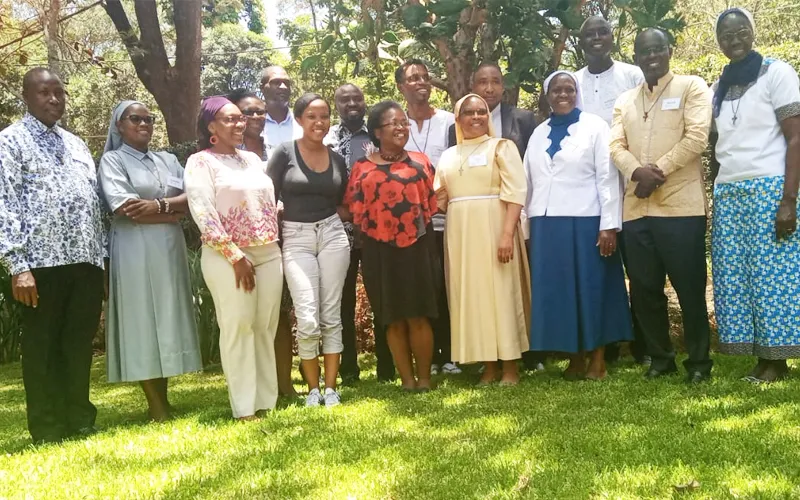Nairobi, 10 March, 2022 / 9:24 pm (ACI Africa).
Participants in the ongoing Synod on Synodality symposium of Theologians that was organized by the Jesuit Conference of Africa and Madagascar (JCAM) are suggesting that the Synodal process be anchored in African values.
The team of Theologians who were selected to represent various segments of the Church in Africa suggested that as the people of God journey together in the Synodal process, they need to readopt such African values as the care for each other and the environment and other helpful values, which the scholars said seem to have been forgotten.
In a Thursday, March 10 interview with ACI Africa on the sidelines of the event that was organized in collaboration with the Association of Member Episcopal Conferences in Eastern Africa (AMECEA), Sr. Veronica Rop, a lecturer at the Kenya-based Catholic University of Eastern Africa (CUEA) said that the Synodal process should be anchored in Pope Francis’ Encyclical Letter on the environment, Laudato Si’, and in “listening to the wisdom of our ancestors.”
“We need to interrogate our African culture and listen to the wisdom of our ancestors. We need to be guided by the relatedness of the Laudato Si’, which guided Africans,” the Kenyan theologian said, and explained, “Africans always believed that they were each other’s relatives and they lived in solidarity with each other, caring for the unborn, the living and the living-dead. They also cared deeply about the environment. These are the values we need to think about.”
She added, “There is a need to reclaim and share our Africa values of communitarian relationship, hospitality, respect for family and human life especially the young and old and relatedness with all of creation. We need reference to God and to our ancestors.”








